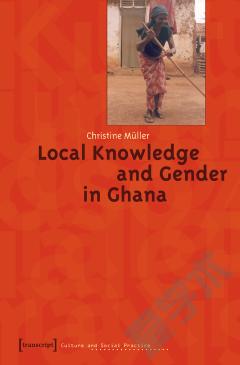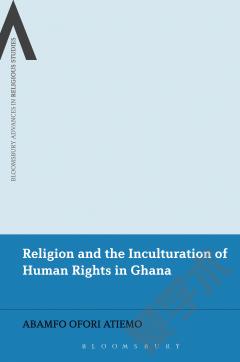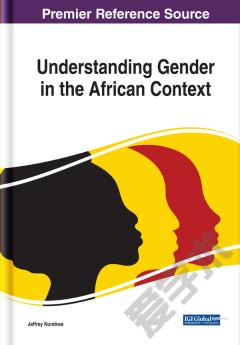Local Knowledge and Gender in Ghana
The emergence of global knowledge societies is recently questioning the meaning and relevance of local knowledge in the context of Southern countries. Women have proved to be the central actors in the multiple channels of local-global networking, using these new social ties for the negotiation of old and new elements of knowledge, scientific knowledge and development discourses. The inherent politicisation of knowledge and the direct objective of transforming societal institutions are not only signs of resistance against global hegemony, but serve for a new definition and for a defence of local culture and of local knowledge.
{{comment.content}}








 京公网安备 11010802027623号
京公网安备 11010802027623号